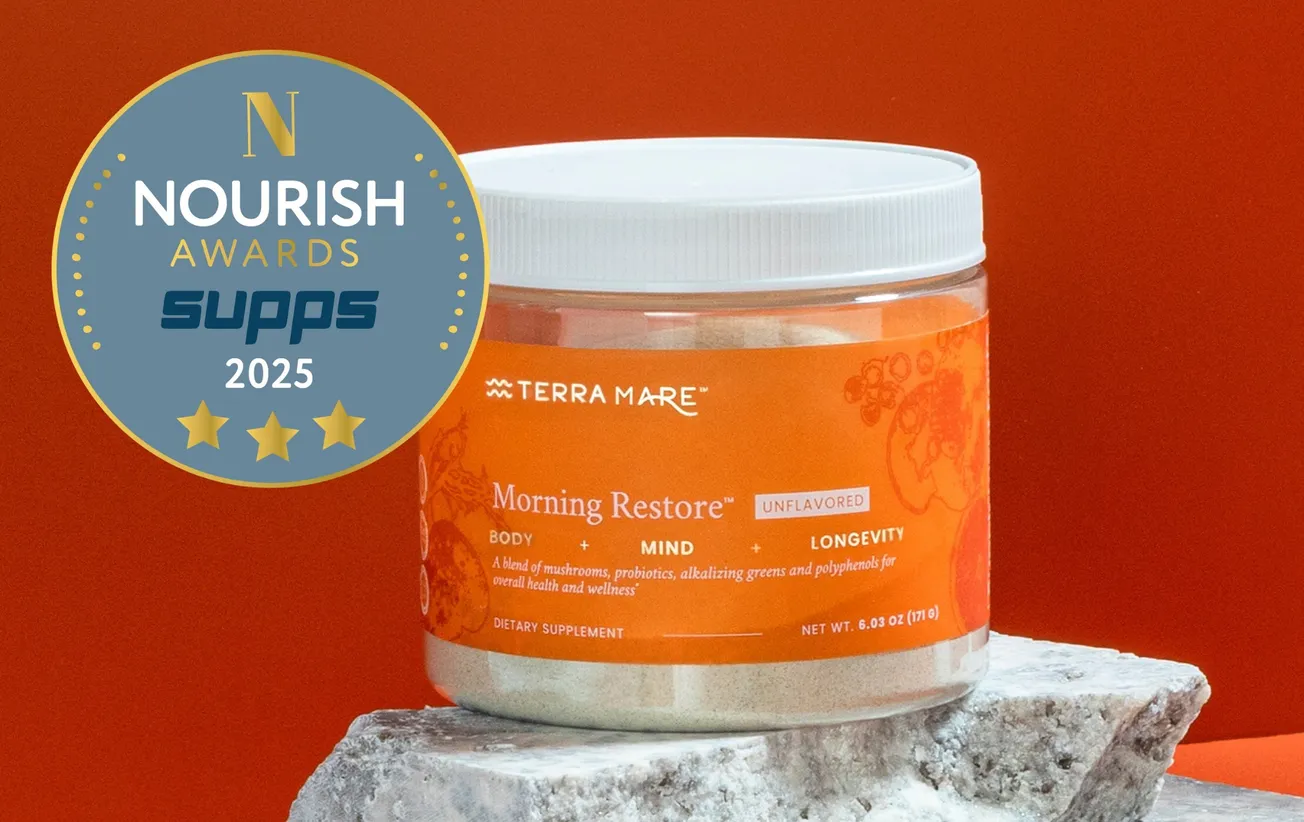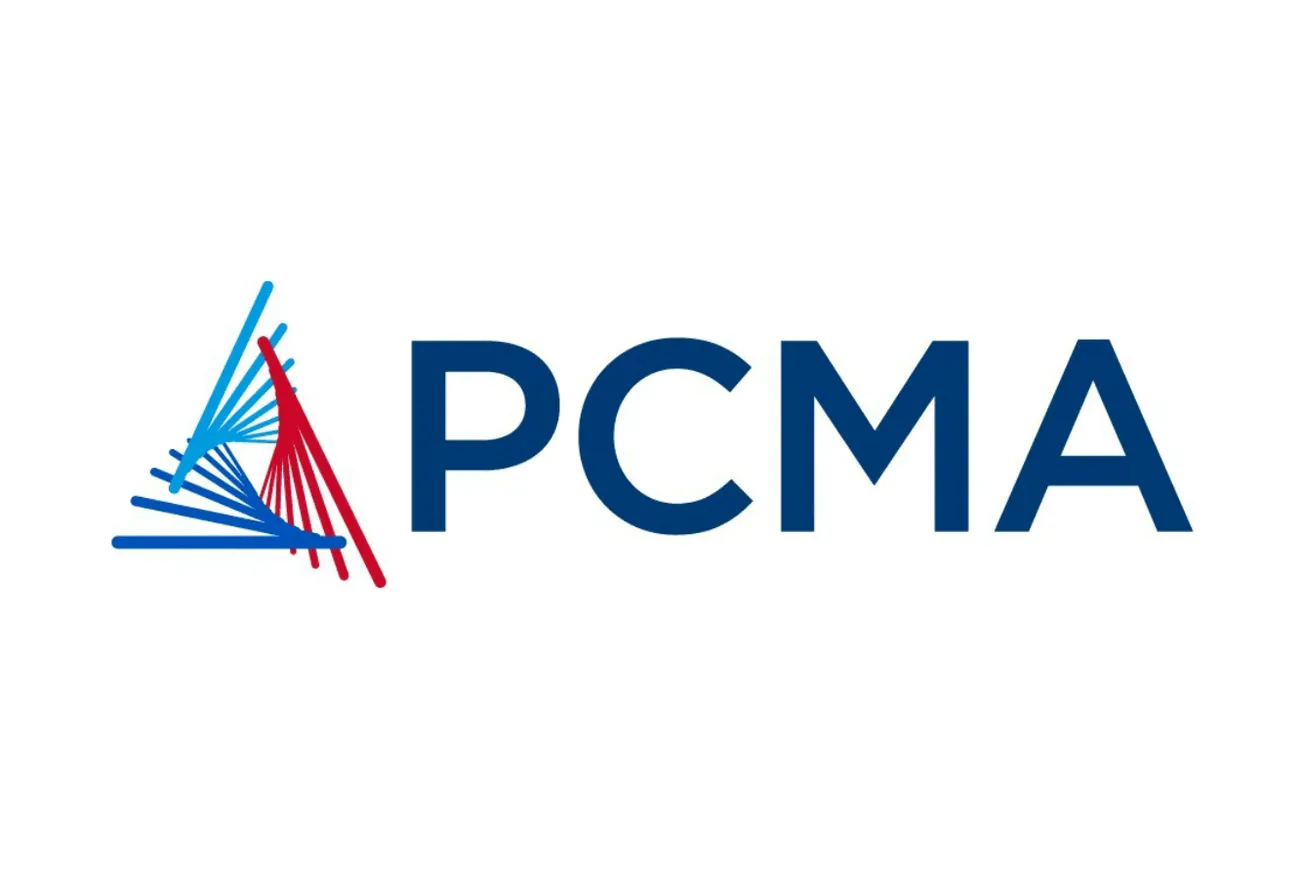WASHINGTON — The Senate Committee on Health, Education, Labor and Pensions has approved a bill that aims to clear a regulatory backlog impeding U.S. consumer access to new sunscreen products.
The committee on Wednesday passed the Sunscreen Innovation Act (S. 2141), introduced in the Senate by Sens. Johnny Isakson (R., Ga.) and Jack Reed, and advanced the measure to the Senate for consideration.
Isakson reported that the full Senate could consider the bill later this week. The legislation has already been approved by the House of Representatives, where it was introduced as H.R. 4250 by Reps. Ed Whitfield (R., Ky.) and John Dingell (D., Mich.).
The Sunscreen Innovation Act is intended to speed up the Food and Drug Administration’s review process for sunscreen ingredients that have long been approved for use in Europe as well as Canada and other nations. To that end, the measure would amend the Food Drug & Cosmetic Act to ensure that all sunscreen ingredients receive a transparent review within a predictable time frame. Sponsors of the bills have noted that some of these sunscreen active ingredients have had their applications pending before the FDA for a decade or more despite having track records of safe use overseas.
"As a melanoma survivor, I believe it’s essential that Americans have access to the most safe and effective sunscreen," Isakson said in a statement. "Too often, technological advancements that have the ability to improve the quality of health care and prevent disease are held back by an overly rigid regulatory process. I am hopeful this legislation will help clear the bureaucratic hurdles that have stood between American consumers and the new and innovative sunscreen products that are already available in many other countries."
Products marketed in the United States as sunscreen are considered over-the-counter drugs, and their active ingredients must be FDA-approved. Under its Time and Extent Application (TEA) process created in 2002, the FDA made active ingredients with a five-year history of extensive and safe OTC use in another country eligible for what was supposed to be fast-track review, according to lawmakers. The FDA indicated it would "strive to complete TEA evaluations in 90 to 180 days" but since then has not approved any sunscreen ingredients via the TEA process, they pointed out.
Under the bill, current FDA eligibility requirements — an ingredient must be used safely for at least five years in at least one country — would be upheld. It also would provide an option for ingredients currently awaiting FDA action to be considered by an external Advisory Committee as part of the FDA review process.
The legislation would help reduce the current backlog of sunscreen applications and ensure a more predictable regulatory pathway for new sunscreen applications. Similarly, it would require regular reporting by FDA on efforts to reduce the backlog and review new sunscreen ingredients, as well as independent reporting by the Government Accountability Office on the sunscreen approval pathway and the broader OTC regulatory scheme.
In addition, the bill would require the FDA to finalize the regulations governing all OTC sunscreens within five years, including any new sunscreen ingredients reviewed by the the agency as a result of this legislation.
"This bipartisan, commonsense legislation will help consumers better protect themselves from skin cancer by safely accelerating access to the latest advances in sun care products and research, and I am glad it’s on the way to becoming law," Reed stated. "The FDA must do its due diligence to ensure the safety of these products, and they should do it in a timely manner. It’s important for people to protect themselves from the sun, and Americans trying to shield themselves and their families from harmful rays shouldn’t have to wait decades for access to the most advanced, effective sunscreens available."







